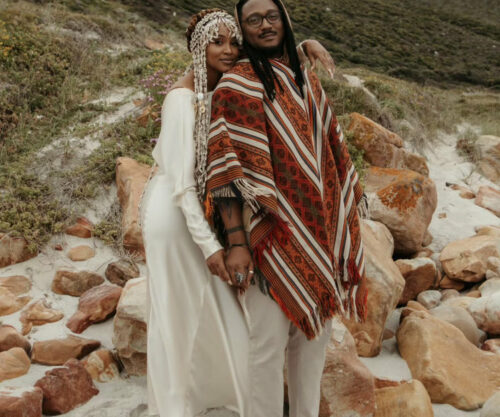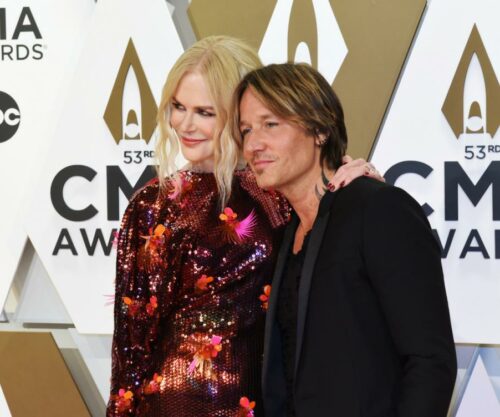
Many of us struggle with creating and asserting healthy boundaries in our lives, but boundaries are critical for a fulfilling life. By Gugulethu Mhlungu.
I’ve been an Oprah Winfrey fan for many years and have watched many of her interviews. One of my favourite conversations was one she did in 2000 on learning how to say no. In it she said: “I was 40 years old before I learnt to say no. I was consumed by the disease to please. The word yes would be out of my mouth before I even knew it. Having a history of abuse also meant a history of not being able to set boundaries. Once your personal boundaries have been violated as a child, it’s difficult to regain the courage to stop people from stepping on you.” Her ‘aha!’ moment resonated with me because for as long as I can remember, I have always struggled with saying “no”. This is because, much like Oprah and many other women, I believed that girls and women have little to no right to boundaries. How often have you smiled or attempted to placate a stranger that was being aggressive towards you because you were afraid of what they might do, even though you felt uncomfortable? We quickly learn that when we assert our boundaries and limit what people can get from and do to us we are labelled “difficult” or “arrogant”, threatened with rejection, loneliness and sometimes violence.
Dealing with a difficult mother-daughter relationship
Why boundaries matter
Psychologist Khosi Jiyane says boundaries are important because they help you define yourself in relation to society; including friends, family and strangers. “Boundaries are necessary because they protect us, allow us to feel safe and develop a strong sense of self. Without healthy functional boundaries, we struggle with balancing who we are and what we need with what society demands of us which can have serious consequences,” says Khosi. Zandile Twala says she’s been a “people pleaser” for a long time as which has opened her up to abuse. “Everyone used to walk all over me. My family emotionally blackmailed me into giving them money, and I used to let colleagues and partners take advantage of my kindness. It wasn’t until I was burnt out and broke that I realised I needed to learn how to say no and mean it.” Zandile’s situation calls to mind a clichéd but very useful quote about boundaries from best-selling author Paulo Coelho who is often quoted as saying: “when you say yes to others, make sure you are not saying no to yourself.” Khosi says that boundaries are also about accountability especially to yourself, and doing what you can to act in your best interest. This is especially important in a patriarchal society that takes away so many of women’s basic boundaries and limits. She further explains that boundaries are also deeply political because part of our work as women is to grow out of the limits of perpetual infancy and self-limiting thoughts so that we can grow into our adulthood. “Patriarchy says we can’t do, think, wear, say certain things and we must assert our boundaries by saying yes we can and will. In romantic relationships we must remember and assert that our bodies remain our own and we must consent to everything that involves them.” Khosi adds that your limits can also change and develop, and that we must be willing to accept that something can serve you today, but not in the future. “It is important to be open to that because overly rigid boundaries can be just as toxic as having no boundaries,” concludes Khosi.




